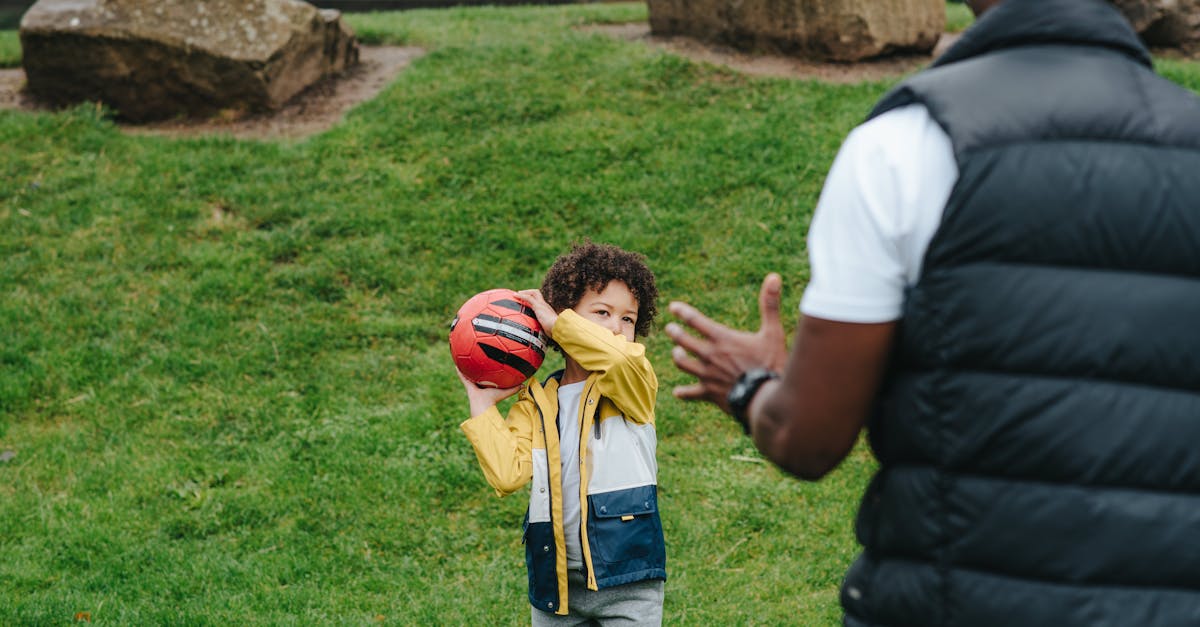Understanding the Importance of Boundaries
Establishing boundaries with preschoolers is essential for their development and your sanity. Kids thrive on knowing what’s expected of them. It gives them a sense of security and helps them understand the world. Remember, boundaries aren’t barriers; they’re more like guidelines that help children feel safe and understood. As you set these limits, do so with love and patience. Your goal is to teach them, not to control them.

Establishing boundaries with preschoolers is essential for their development and your sanity. Kids thrive on knowing what’s expected of them. It gives them a sense of security and helps them understand the world. Remember, boundaries aren’t barriers; they’re more like guidelines that help children feel safe and understood. As you set these limits, do so with love and patience. Your goal is to teach them, not to control them.
Communicate Clearly and Kindly
Communicating with preschoolers can be tricky but it’s crucial. Use simple and clear language. Instead of saying, ‘Don’t touch that!‘, opt for ‘Please keep your hands to yourself.‘ This clarity helps them understand better and reduces confusion.
Also, keep your tone gentle and positive. Picture yourself explaining things to a curious alien; keep it basic and kind. Humor helps here. If your kiddo wants to play with mud, you might say, ‘Mud stays in the garden, not on the sofa!‘ They’ll get it, plus a little chuckle might follow.

Consistency is Key
Once you set a boundary, stick to it. Consistency teaches children that rules are reliable and not subject to change based on the whims of the moment. For instance, if bedtime is at 8 PM, ensure it’s always at that time. Bending the rules can be confusing. When children know the rules are firm, they’re less likely to test them.
Share a personal story here: like that time you caved for a late-night cookie request and ended up with crumbs and a wide-eyed, sugar-high toddler at midnight. We all make mistakes!

Positive Reinforcement Works Wonders
Positive reinforcement is a fantastic tool. Instead of focusing on what your preschooler shouldn’t do, highlight and reward desirable behaviors. If they’ve put away their toys, shower them with praise or a sticker. This not only boosts their confidence but also encourages them to repeat the good behavior. It creates a positive environment where kids feel loved and appreciated.
Remember, rewards don’t always have to be tangible. Sometimes, an extra cuddle or a fun game together is enough to make your child feel special.

Handling Pushback with Grace
Preschoolers will test boundaries. It’s natural and part of their learning process. When they push back, stay calm. Resist the urge to get into a power struggle. Instead, acknowledge their feelings and gently remind them of the boundary.
For example, if they’re upset about screen time ending, empathize with their frustration but stand firm. You might say, I know it’s hard to stop playing, but it’s time for something else. Maintaining your cool helps them learn to manage their emotions better.

By handling pushback with grace, you not only teach preschoolers about boundaries but also help them develop emotional regulation skills.
